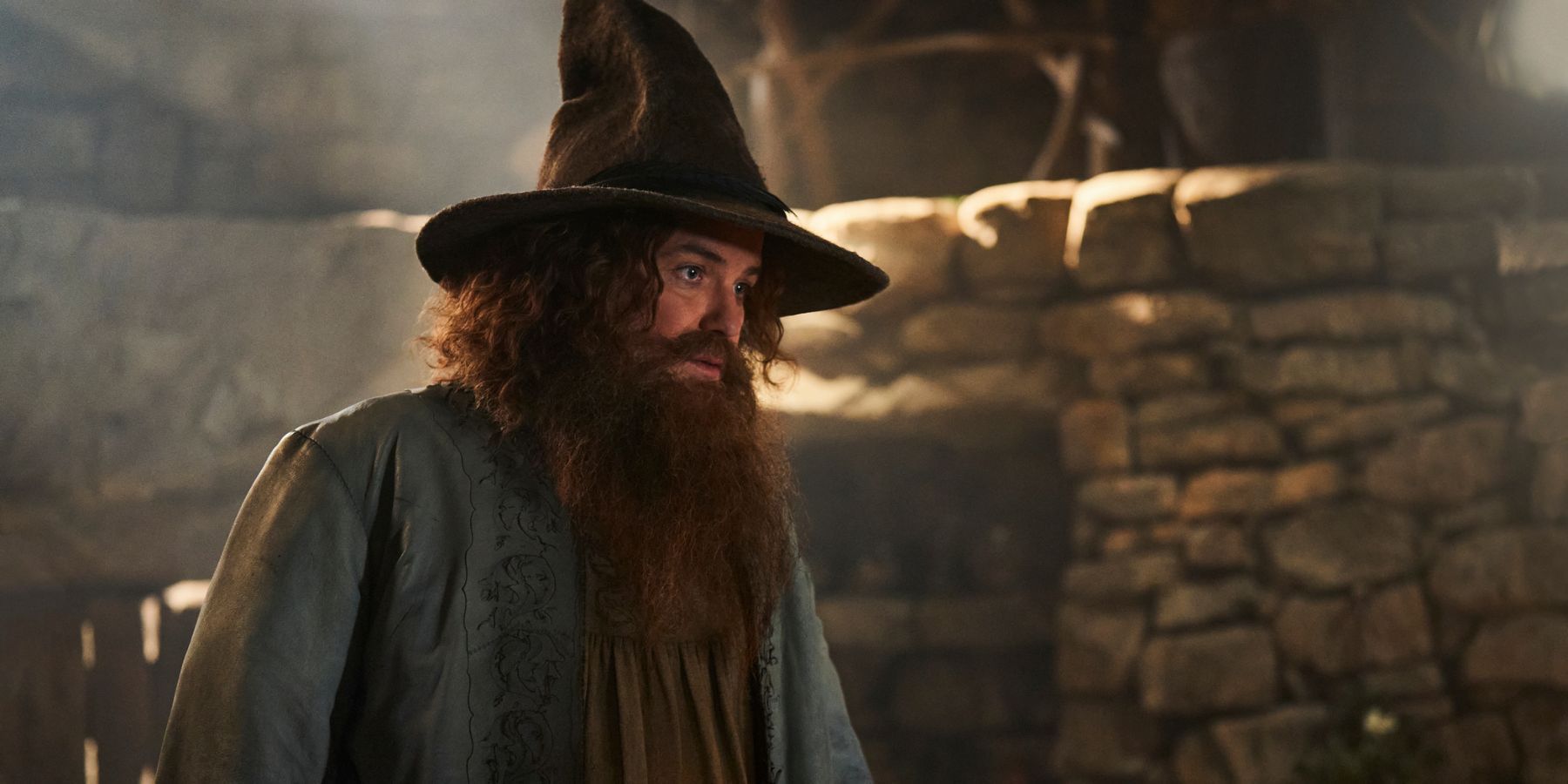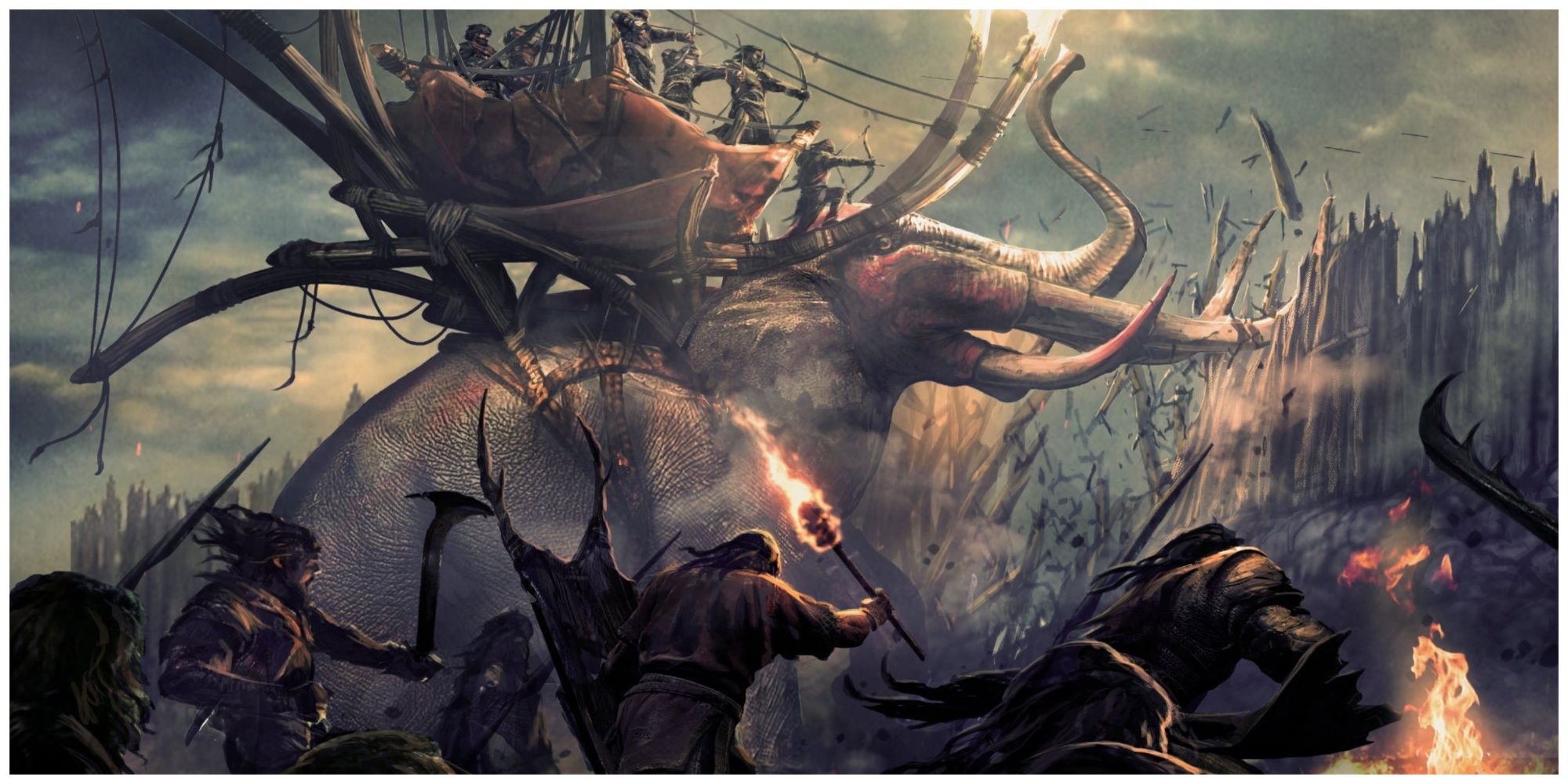
As a lifelong fan of Middle-earth, I can’t help but feel a sense of melancholy when it comes to the recent adaptations of J.R.R. Tolkien’s works. The Lord of the Rings trilogy, under Peter Jackson’s masterful direction, was nothing short of magical – a cinematic experience that transcended the boundaries of fantasy and became a part of our collective cultural consciousness.
The classic tale “The Lord of the Rings” doesn’t seem to fit comfortably within today’s fast-paced blockbuster world. It’s a massive work that demands a grand artistic treatment to do justice to Tolkien’s original text, but it can become overburdened in the process, losing some of its essence. Peter Jackson’s acclaimed trilogy was a near-perfect adaptation, but each subsequent attempt has fallen short in comparison. The struggle lies in the disparity between these two mediums, the immense depth of the source material, and the ongoing apprehension towards novel concepts.
Warner Bros., under its subsidiary New Line Cinema, currently holds the ownership rights for The Lord of the Rings. However, the company is experiencing a rough patch, with both their financial health and public image taking a hit. After the success of franchises like Lord of the Rings and later, Harry Potter, they’ve found it challenging to recapture that magic. They yearn for another chance to reignite those flames and return to those times 20 years ago. The recent adaptations of both franchises clearly show this struggle.
Lord of the Rings is a finite resource
A skilled creator and a brilliant team can make a good movie out of anything. That’s been proven true enough times to be utterly inarguable. That axiom does not, however, imply that every source material is equally easy to work with. Everyone’s heard a book or a story called “unfilmable.” That’s often untrue, but it speaks to how difficult some works can be to translate to the screen. People thought The Lord of the Rings was unfilmable before someone filmed it. That claim seems almost silly now. Peter Jackson’s trilogy stands out as one of the finest book-to-movie adaptations ever made, but it was never a sure thing. Despite the many challenging characteristics of Tolkien’s opus, The Lord of the Rings had several assets that guaranteed an eventual blockbuster attempt. Frankly, fans are lucky that they got an excellent one.
The Hobbit was the start
17 years after I first delved into the pages of “The Hobbit, or There and Back Again,” its sequel, “The Lord of the Rings,” hit the shelves, leaving a lasting impact on readers worldwide. In 2007 alone, more than 150 million copies of “The Lord of the Rings” were sold, making it one of the most popular stories ever penned. By 2012, “The Hobbit” had managed to surpass 100 million sales. While these figures aren’t perfect, they paint a captivating picture. To this day, “The Lord of the Rings” remains an unparalleled tale that ensured its adaptation and cultivated a passionate fanbase. Similarly, “The Hobbit,” first published in 1937, may have sparked interest, but it wasn’t quite the same epic journey as its successor.
Studios are the problem

As a devoted fan, I’m finding it increasingly challenging to imagine anyone recreating what Peter Jackson did with “The Lord of the Rings” for other works like “The Hobbit,” “The Silmarillion,” or the appendices side stories. It’s not that these other books are any less brilliant; rather, it seems nearly impossible to surpass the cultural impact of “The Lord of the Rings.” This dilemma presents a tricky situation: Warner Bros. yearns for another success like “The Lord of the Rings,” but they’re dealing with material that pales in comparison. The crux of the problem lies more in the desire to replicate “The Lord of the Rings” than in the quality of the subsequent material.
Is there another way forward?
This year, the anime adaptation of the less-explored “War of the Rohirrim” could pave the way for numerous future interpretations. Originally a brief tale from J.R.R. Tolkien’s “The Lord of the Rings,” this full-length film is being reimagined in an innovative anime style, with creators taking significant deviations from the source material. This fresh approach could unlock a wealth of intriguing new content. However, repeatedly mining Tolkien’s works poses a challenge as it is a finite resource. To sustain creative output, we must encourage new and imaginative artists to contribute to the existing body of work. While the books remain essential, relying solely on popular hits might not guarantee continued success. Unfortunately, Warner Bros.’ promotional strategy for “War of the Rohirrim” seems more focused on reminding audiences of their successful “Lord of the Rings” films rather than showcasing a groundbreaking new direction for the franchise. Instead of signaling innovation, they seem to be saying, “Don’t forget our excellent films and keep buying our products.
As a devoted fan of “The Lord of the Rings” franchise, I can’t help but feel a sense of inevitability about its continued presence in Hollywood. Warner Bros., it seems, is determined to keep trying different approaches until the end of time itself. This is a disheartening reality of our current IP-driven film industry. The public’s desire to witness Tolkien’s epic on the big screen remains undiminished, and inconsistencies in quality won’t necessarily deter moviegoers.
Read More
- SOL PREDICTION. SOL cryptocurrency
- USD ZAR PREDICTION
- BTC PREDICTION. BTC cryptocurrency
- CKB PREDICTION. CKB cryptocurrency
- USD COP PREDICTION
- EUR ILS PREDICTION
- TROY PREDICTION. TROY cryptocurrency
- NOTE PREDICTION. NOTE cryptocurrency
- UFO PREDICTION. UFO cryptocurrency
- PRIME PREDICTION. PRIME cryptocurrency
2024-09-22 03:03